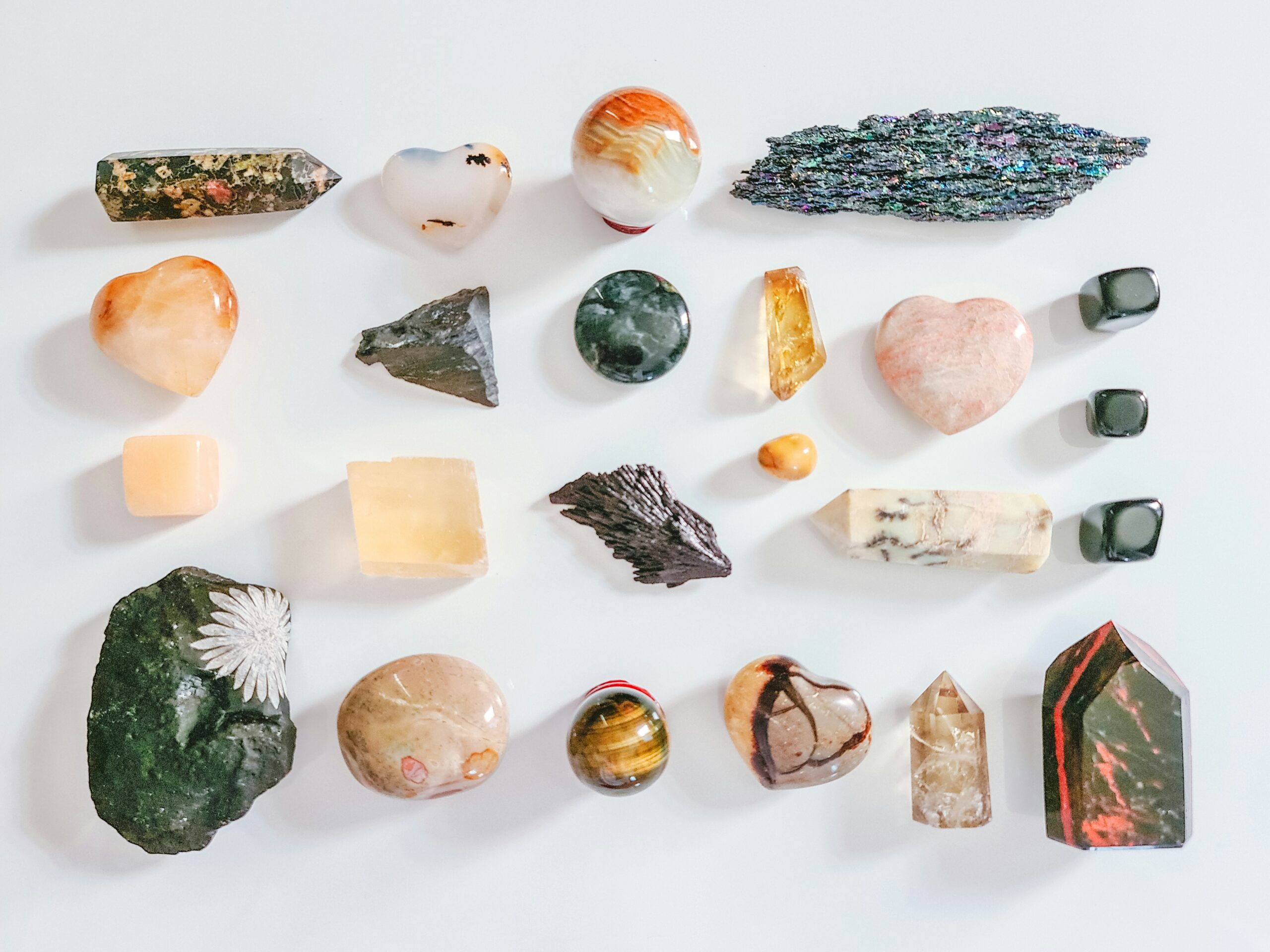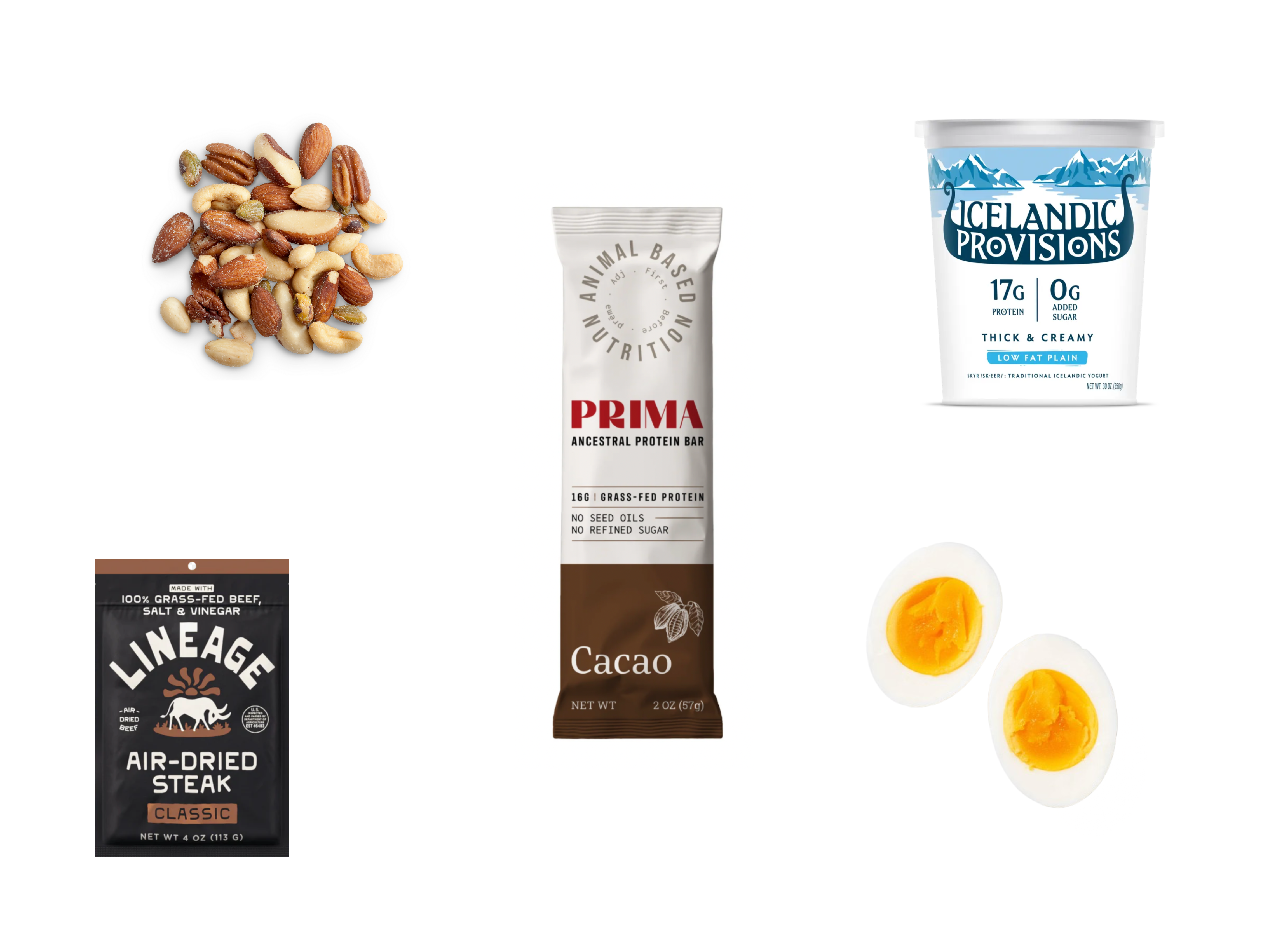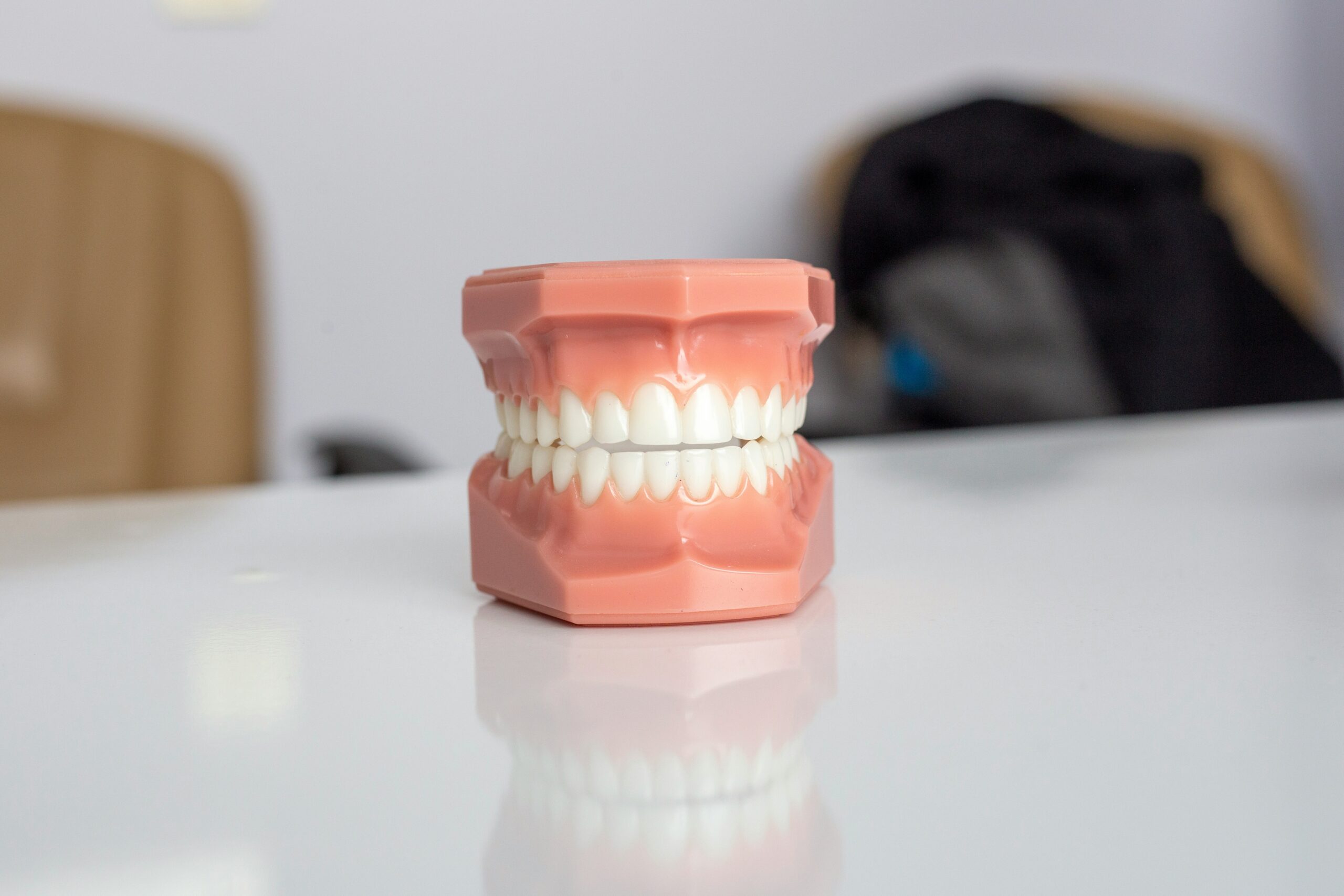
What are trace minerals?
If you’ve ever wondered what trace minerals are and why they’re important, you’re not alone.
Trace minerals, also known as micro minerals, are essential nutrients that your body needs in very small amounts. Despite the low quantity required, they play critical roles in nearly every biological process. Which is why it is important to have proper trace mineral levels.
Examples of trace minerals include:
- Iron
- Zinc
- Selenium
- Copper
- Manganese
- Iodine
- Chromium
- Molybdenum
Why are trace minerals important?
Understanding why trace minerals are important starts with recognizing their biological roles. Trace minerals are vital for:
Enzyme Function
Many enzymes require trace minerals to function properly. For instance, zinc is a cofactor in over 300 enzymatic reactions in the body.
Hormone Production
Iodine is necessary for the production of thyroid hormones, which regulate metabolism, energy, and even mood.
Immune System Support
Zinc, selenium, and copper all play roles in immune defense and inflammation regulation.
Antioxidant Protection
Selenium contributes to antioxidant enzymes that help reduce oxidative stress and protect cells from damage.
Cognitive and Nervous System Health
Iron supports oxygen transport to the brain, and copper aids in neurotransmitter function and myelin formation.
Signs of Trace Mineral Deficiency
Because symptoms are often subtle at first, trace mineral deficiencies can go unnoticed. Common signs include:
- Fatigue
- Brittle nails or hair loss
- White spots or marks on the nails
- Poor wound healing
- Low immunity
- Brain fog or difficulty concentrating
- Hormone imbalances
If these symptoms sound familiar, it might be worth investigating your micronutrient levels.
How to Get Trace Minerals Naturally
The best way to maintain healthy trace mineral levels is through a balanced, nutrient-dense diet. Key sources inlcude:
- Seafood (zinc, iodine, selenium)
- Leafy greens (iron, manganese)
- Nuts and seeds – especially Brazil nuts (copper, selenium)
- Whole grains (chromium, molybdenum)
- Sea vegetables like kelp (iodine)
- Meat: a reliable source of iron, zinc, and selenium (especially red meat and organ meat like liver and heart)
🥩 Tip: If you eat animal products, rotating in small amounts of high-quality meat (like grass-fed beef or pasture-raised liver) can be a powerful way to naturally support trace mineral intake.
Should you take a trace mineral supplement?
For many people, yes. If your diet lacks variety, you’re under chronic stress, your daily life is high in movement, or you’ve had lab-confirmed deficiencies, supplements can help fill the gaps.
I’m definitely not a doctor, but honestly, we use our bodies for everything and most of us just are not getting the full range of nutrients we need. I always recommend checking in with a doctor or functional medicine practitioner to test your vitamin and mineral levels in your blood. It’s one of the easiest ways to get a pulse check on how your body is really doing. For how limited our diets can be and how much we push our minds and bodies daily, I would recommend everyone to be aware of their mineral supplementation. And I’d bet that everyone has gaps.
Two Ways to Supplement Trace Minerals
If you are looking to fill nutrient gaps, you typically have two options. I have both handy depending on what season I’m in, what my daily routine looks like, and what my bloodwork says.
1. Take a complete trace mineral supplement
These are all-in-one blends that contain small amounts of the most essential trace minerals in one dose. They’re convenient and great for overall support, especially ion you are unsure where your specific deficiencies lie.
What I use:
2. Target individual trace minerals as needed
If you’ve tested your levels or suspect specific deficiencies (like low zinc, iodine, or selenium), you might benefit more from standalone supplements. This allows you to fine-tune your intake without overdoing it on others.
I personally additionally supplement iodine and zinc:
Learn more about iodine here:
💡 Tip: Always check with your doctor or nutritionist before mega-dosing, as too much of certain trace minerals can cause imbalances.
“Trace” Your Minerals… HA!
Trace minerals may be needed in tiny amounts, but their impact is giant. Supporting your body’s trace mineral intake through diet, or supplementation, can help improve your energy, immunity, metabolism, and more.
If you want your cells to function at their best, trace minerals can’t be an afterthought. Think of your body like a car. When you stay on top of oil changes, keep it clean, and invest in regular maintenance, it runs smooth and lasts longer. Your body works the same way. Supplying it with the right micronutrients, including trace minerals, helps keep all systems running efficiently over time.

6 Best High Protein Snacks (Simple, Easy, & Yum)
The best high protein snacks include jerky, eggs, dairy, cheese, and nuts when paired properly for fullness and steady energy.

The 2 p.m. Slump Is Not Normal, Here’s How to Beat the Afternoon Slump for Real
If you crash every afternoon, your body is asking for support, not more caffeine. Here’s how to beat the afternoon slump naturally with simple daily shifts.

How to Heal Early Tooth Decay and Remineralize Naturally
I spent a year intentionally balancing my minerals, nourishing my body, and practicing natural oral care to successfully remineralize my teeth naturally and heal early decay.





[…] Related Post What Are Trace Minerals and Why Are They Important? […]
[…] Related Post What Are Trace Minerals and Why Are They Important? Related Post Best Salt for Your Diet: Choosing Non-Toxic Salt […]
Comments are closed.